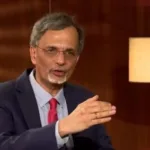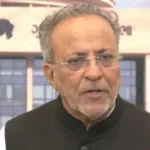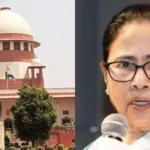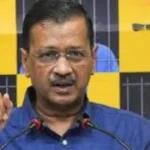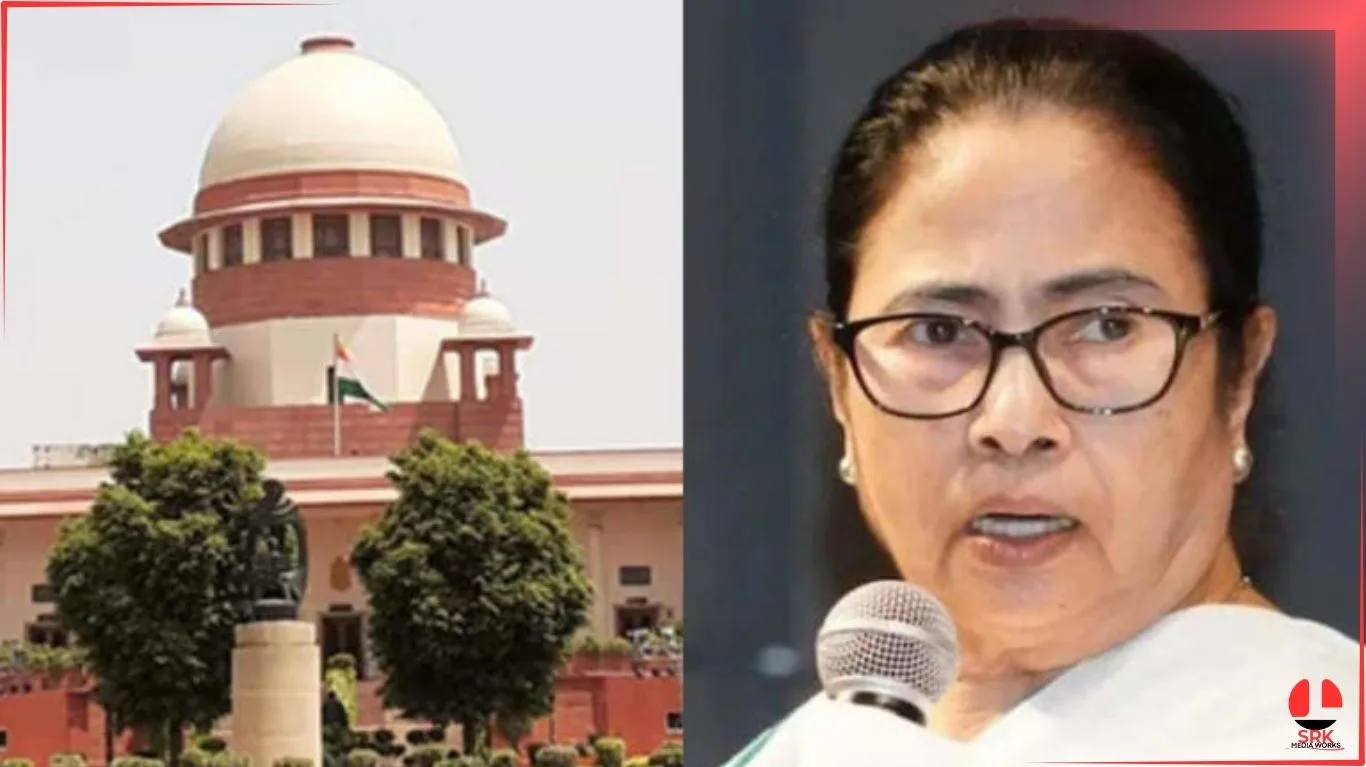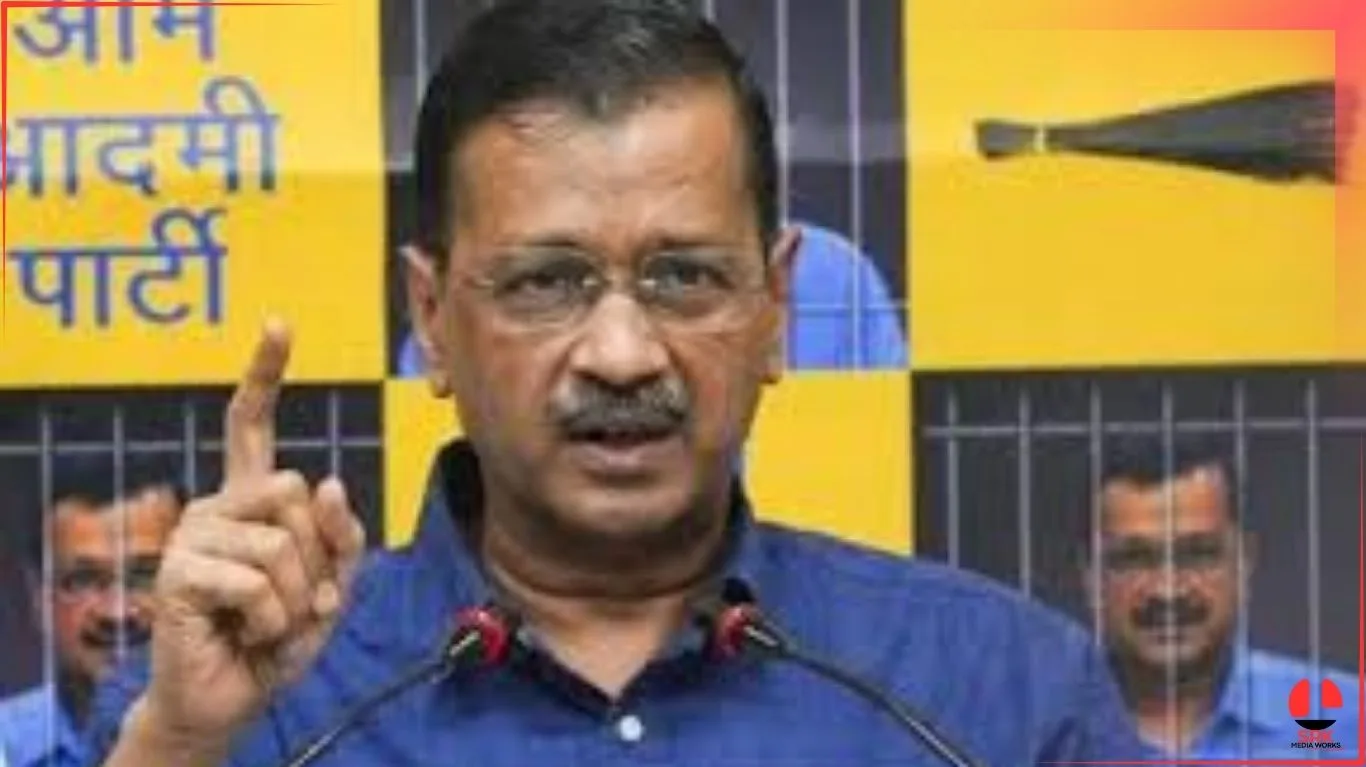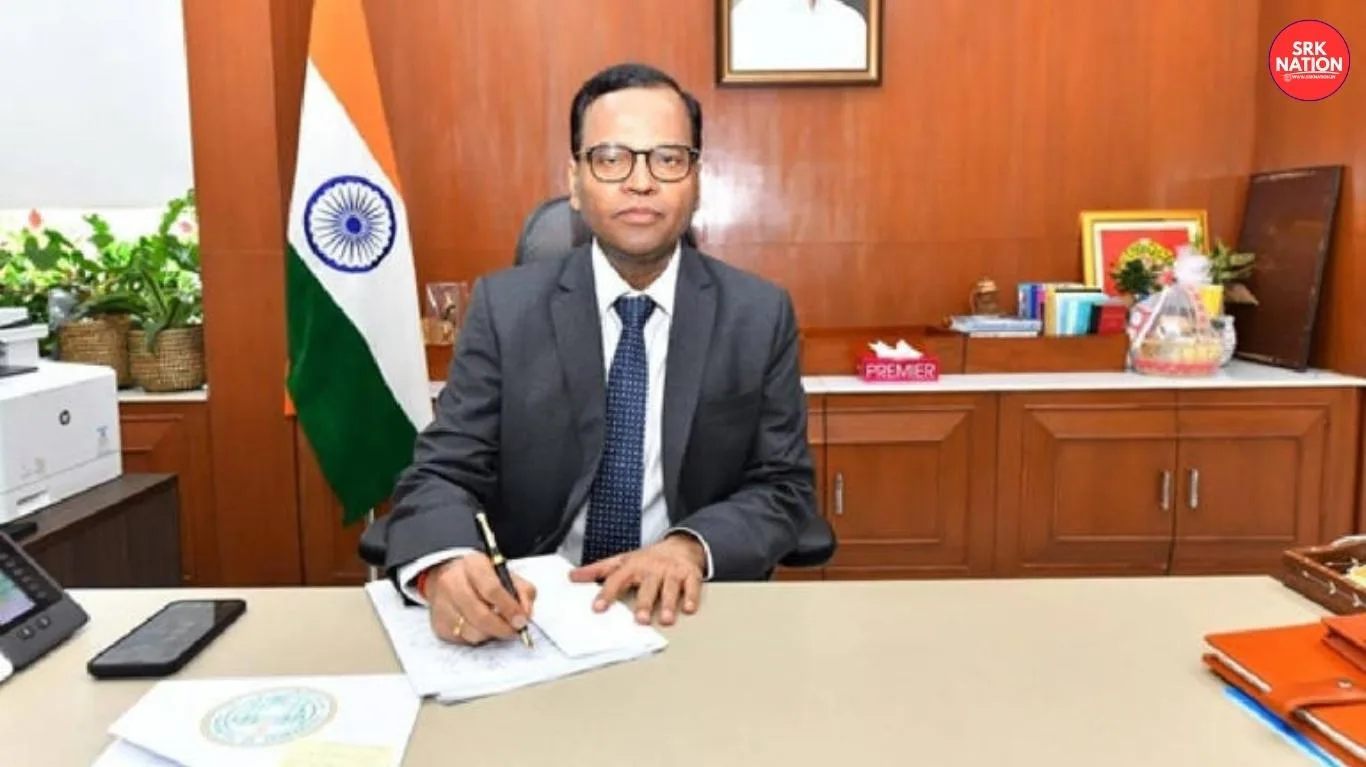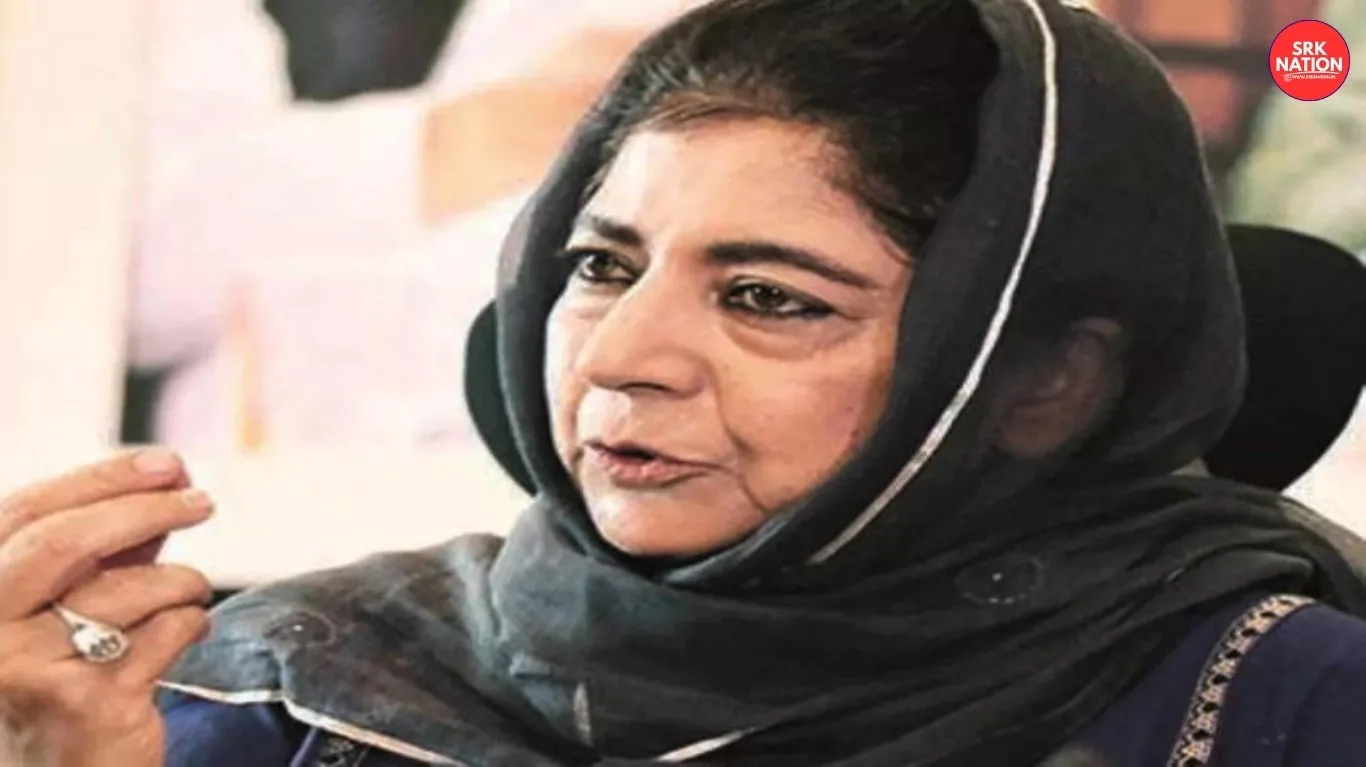Maharashtra’s political landscape has once again turned volatile as tensions between Deputy Chief Minister Devendra Fadnavis and Chief Minister Eknath Shinde have escalated, sparking debates over governance, party dynamics, and the future of the ruling coalition. The sparring between the two leaders has brought the spotlight back on the fragile alliance that governs India’s financial capital and one of its most politically significant states.
Background: The Shinde-Fadnavis Alliance
The alliance between Shinde’s faction of the Shiv Sena and Fadnavis-led Bharatiya Janata Party (BJP) was forged after the dramatic split in the Shiv Sena in 2022. Shinde’s rebellion against Uddhav Thackeray led to the collapse of the Maha Vikas Aghadi (MVA) government, paving the way for a BJP-Shinde coalition.
While the arrangement was hailed as a masterstroke at the time, cracks have frequently appeared, with both leaders vying for influence and control over policy decisions, party cadres, and electoral strategies.
The Latest Flashpoint
The current sparring reportedly stems from disagreements over:
- Cabinet Expansion: Shinde’s camp demanding greater representation for loyalists.
- Policy Decisions: Differences in approach to infrastructure projects and welfare schemes.
- Electoral Strategy: Conflicting views on seat-sharing for upcoming Lok Sabha and Assembly elections.
- Party Identity: Shinde’s faction seeking to assert its Shiv Sena legacy while BJP pushes for dominance.
Key Issues Between Shinde and Fadnavis
| Issue | Shinde’s Position | Fadnavis’ Position | Impact |
|---|---|---|---|
| Cabinet Expansion | More posts for Shinde loyalists | Balanced distribution | Internal friction |
| Infrastructure Projects | Push for regional priorities | Focus on statewide mega projects | Policy delays |
| Welfare Schemes | Emphasis on rural outreach | Urban-centric initiatives | Divergent strategies |
| Electoral Seat-Sharing | Larger share for Shiv Sena faction | BJP dominance in key constituencies | Coalition strain |
| Party Identity | Retain Shiv Sena legacy | BJP-led governance model | Identity clash |
Political Reactions
- Shiv Sena (Uddhav faction): Criticized the alliance, calling it opportunistic and unstable.
- Opposition Congress and NCP: Claimed the sparring proves the coalition is unsustainable.
- BJP Leaders: Downplayed tensions, insisting the alliance remains strong.
- Shinde Loyalists: Asserted that their leader must be given greater respect and authority.
Governance Challenges
The sparring has raised concerns about governance in Maharashtra:
- Policy Paralysis: Delays in decision-making affecting infrastructure and welfare projects.
- Investor Confidence: Uncertainty in political stability impacting investment climate.
- Administrative Efficiency: Bureaucrats caught between conflicting directives.
- Public Perception: Citizens questioning the coalition’s ability to deliver on promises.
Impact of Political Tensions on Governance
| Sector | Effect of Tensions | Consequence |
|---|---|---|
| Infrastructure | Project delays | Slower economic growth |
| Welfare Schemes | Conflicting priorities | Uneven implementation |
| Law & Order | Leadership disputes | Reduced administrative focus |
| Investment Climate | Political uncertainty | Investor hesitation |
| Public Services | Policy paralysis | Decline in service delivery |
Historical Context
Maharashtra has a history of coalition politics, with alliances often marked by friction:
- 1995–1999: BJP-Shiv Sena alliance faced internal challenges.
- 2004–2014: Congress-NCP coalition saw frequent disagreements.
- 2019–2022: MVA government collapsed due to Shiv Sena’s split.
The current Shinde-Fadnavis sparring fits into this broader pattern of coalition instability in the state.
Future Outlook
Political analysts suggest several possible scenarios:
- Reconciliation: Shinde and Fadnavis may resolve differences to present a united front.
- Escalation: Continued sparring could weaken the coalition, leading to instability.
- Realignment: Shinde may seek alternative alliances if tensions persist.
- Electoral Impact: The coalition’s performance in upcoming elections will determine its longevity.
Conclusion
Maharashtra is once again on the boil as Fadnavis and Shinde spar, exposing the fragile nature of their alliance. While both leaders publicly maintain that the coalition is intact, the underlying tensions reflect deeper struggles over power, identity, and governance.
As India’s financial capital and a politically crucial state, Maharashtra’s stability is vital for national politics. The coming months will reveal whether the Shinde-Fadnavis alliance can withstand internal pressures or whether the state is headed for another round of political upheaval.
Disclaimer: This article is based on publicly available political developments and expert commentary. Readers are advised to follow official government statements and verified news sources for updated information.

